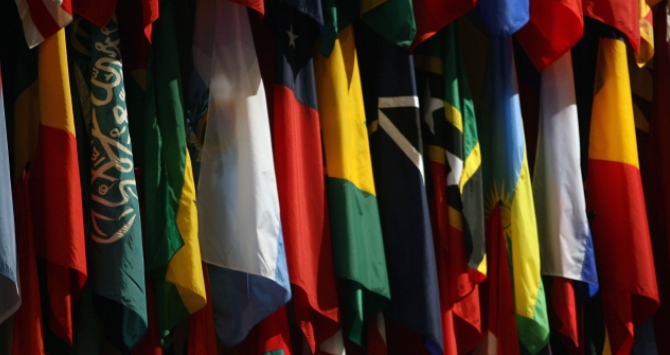
Colombia is not a “typical” Latin American country. It diverges from common views of the region in ways that are interesting and important. It has a deep democratic vocation, lacking the coups and dictatorships common elsewhere. Its one military coup was peaceful and initially enjoyed broad support from the political establishment.
(Originally published in The Cipher Brief.)
Colombia has an enviable economic record. Its number of consecutive quarters of sustained growth in the 20th century is one of the highest ever recorded anywhere. Bursts of rapid growth followed by extended decline is just not the Colombian way. That, plus a young and growing population, is how it has overtaken Argentina to become the third largest economy in the region.
But violence is what makes Colombia most different of all. The conflict – the phrase “civil war” beloved of journalists has almost never been true – has ground on for 51 years now, for most of that period simmering in remote mountain regions, but at its worst erupting through large parts of the country and into its cities. The chance the country has now to end the conflict is an historic opportunity that could raise Colombia’s economy and its democracy to permanently higher levels of attainment.
Peace would boost the economy in several ways. First and most obviously, FDI should rise as foreigners are no longer deterred from investing in a country where they and their investments may be held to ransom or blown up. Colombia’s large, resourceful, successful private sector would receive fresh flows of foreign capital, technology and expertise looking to capture a part of its fast-growing domestic market. Tourism receipts are similarly likely to jump, as foreigners finally feel able to discover one of the most diverse, and relatively unexploited, geographies on earth.
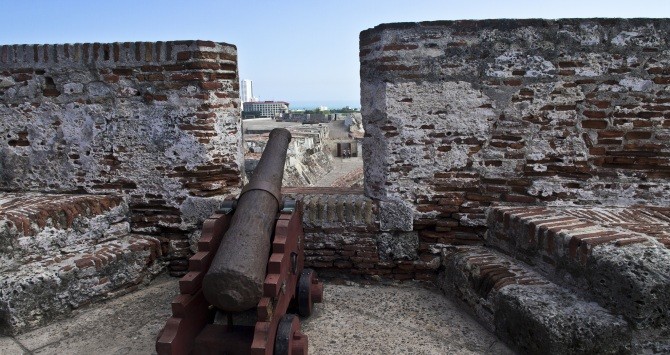
For institutional investors, a successful peace would reduce political risk, facilitating investment in Colombian firms and securities, lowering interest rates and increasing access to capital.
Most importantly, domestic and international confidence – what Keynes called ‘animal spirits’ – would swell. No longer would Colombians mutter darkly, “The country’s in a bad way but the economy’s doing well.” Peace, perhaps the deepest of Colombians’ yearnings, would feel like a new dawn. It would lift entrepreneurs’ and consumers’ confidence in a way that, by itself, is likely to prove the single largest boost to growth.
Colombia’s smartest graduates and most able businessmen would look inwards for opportunity. Unconstrained by primal risk, firms would venture beyond the vibrant cities, seeking new markets and higher returns in the hitherto more dangerous towns and countryside. This is significant because it would push economic and technological progress into the “other Colombia” that is not only much less developed, but has suffered far more from endemic violence.
For decades, violence has artificially constrained Colombia’s economy and its people. Ending the violence is likely to release pent-up creativity and productivity, and shift the country onto a permanently higher development trajectory. But if the negotiations fail, not only will these benefits be forgone, but Colombians’ belief in the possibility of peace is likely to be shattered for a generation or more.
Remember that the country has been down this road before. The last “peace negotiations” never advanced beyond pre-negotiations about the peace negotiations. For several years, government and FARC representatives talked about talking, while the war took a particularly murderous turn, until the public lost patience and talks were abandoned.
The government of President Santos has bet everything on these peace talks, and so far a public that has reason for skepticism has backed and re-elected him. If talks fail, Colombia may be left worse off than before. But if peace is secured, a brighter future beckons.
Related Posts
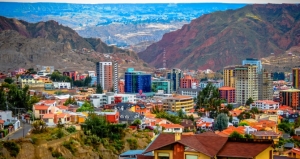 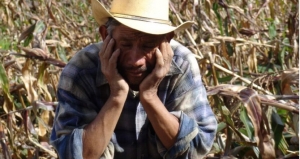 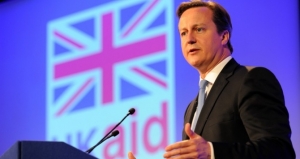 |





